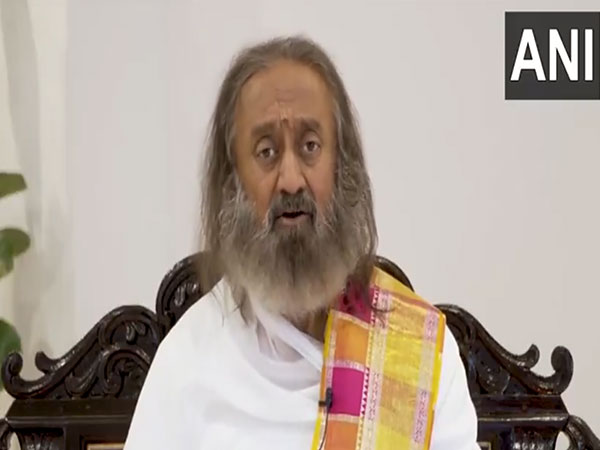
New Delhi: Indian meditation, a cornerstone of the country’s ancient spiritual traditions, has gained global acclaim for its transformative impact on the mind and body. Practices such as mindfulness, yoga, and transcendental meditation, rooted in Vedic philosophy, are widely recognized as tools to achieve inner balance, emotional resilience, and spiritual growth.
One of the most significant benefits of Indian meditation is its ability to alleviate stress and anxiety. By fostering a sense of calm and clarity, regular practice helps individuals navigate the demands of modern life. Moreover, meditation enhances focus and concentration, improving cognitive functions and productivity. On a physical level, it has been shown to lower blood pressure, improve sleep, and even boost the immune system. Beyond the physical and mental benefits, meditation offers a path to self-awareness and spiritual connection, making it a holistic practice for personal development.
The global importance of meditation was recently highlighted during the celebration of World Meditation Day. Observed on December 21, this day serves as a reminder of the profound impact of meditation on individual well-being and collective harmony. Meditation transcends all religions and borders and is also a powerful instrument of diplomacy in the current global landscape marked by escalating conflicts, top spiritual and UN leaders said on the first World Meditation Day celebrated in New York. To commemorate the occasion, the Permanent Mission of India hosted an event at the UN headquarters in New York, featuring Sri Sri Ravi Shankar, a renowned spiritual leader and founder of the Art of Living Foundation.
Addressing diplomats and members of the UN, Ravi Shankar spoke passionately about the transformative impact of meditation.
“Today, meditation is not a luxury but a necessity. I would call it mental hygiene, like you have dental hygiene. Meditation helps us center ourselves, moving away from aggression and depression. The mental health crisis has taken a big toll on our population. It brings us sensitivity and sensibility at the same time – two important factors of any civilised society,” he said in his speech.
Across Europe, a series of vibrant events marked this occasion, demonstrating the universal appeal of this ancient practice.
In London, Trafalgar Square became the site of a massive guided meditation event, drawing thousands of participants from diverse backgrounds. The session was led by renowned meditation instructors who introduced techniques from Indian traditions. Similarly, in Paris, the Jardin des Tuileries hosted a serene sunrise meditation session, accompanied by Indian classical music to deepen the meditative experience.
Berlin’s community centers organized a range of workshops exploring meditation’s role in enhancing mental health. These workshops delved into the scientific benefits of meditation and included interactive sessions to teach practical techniques. Meanwhile, Vienna transformed the iconic Schönbrunn Palace grounds into a space for group meditation, combining history with mindfulness.
Digital platforms also played a significant role in the celebrations. Organizations across Europe offered live-streamed meditation sessions and webinars, allowing participants from around the world to join. This virtual approach ensured accessibility, particularly for those unable to attend physical gatherings.
The widespread participation and enthusiasm witnessed during World Meditation Day underscore the global resonance of meditation practices. As more people integrate these ancient techniques into their lives, the benefits ripple outward, fostering a more mindful and harmonious world. Indian meditation, with its deep spiritual roots, continues to inspire millions, bridging cultures and promoting well-being on a global scale.